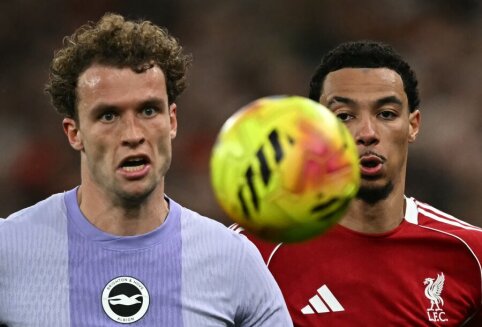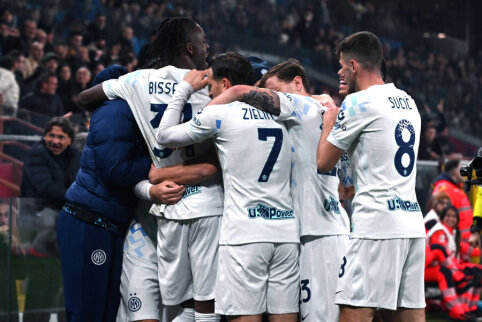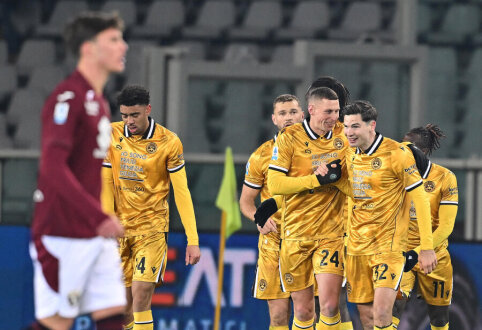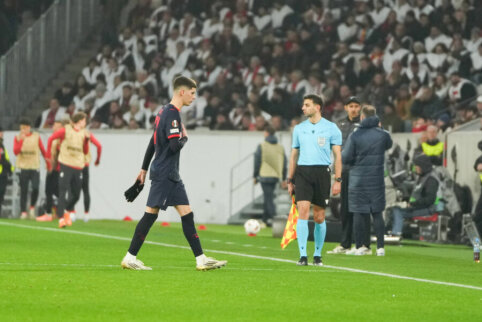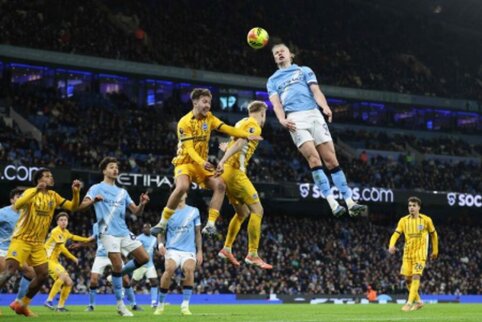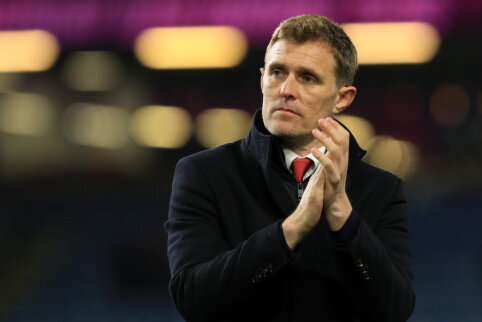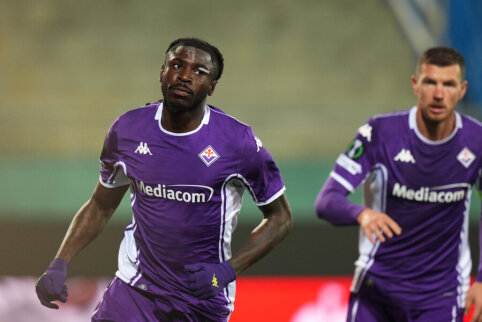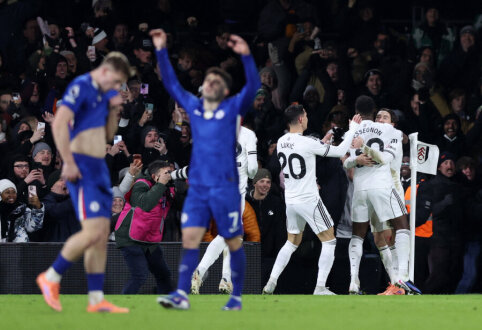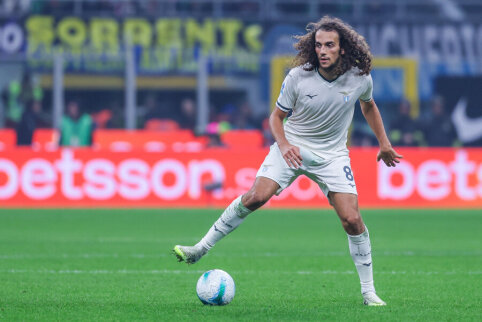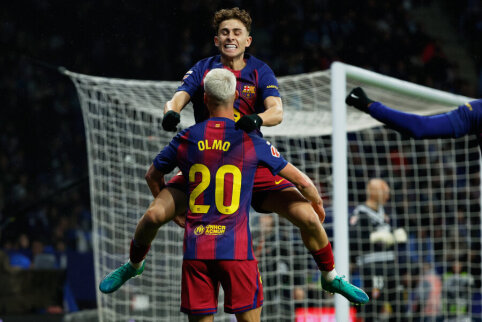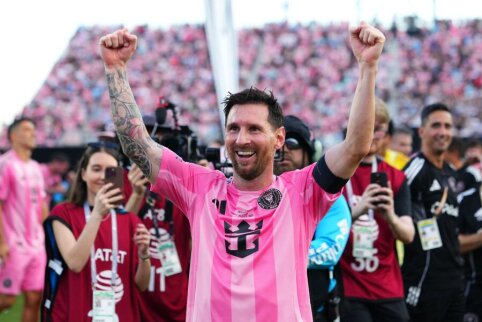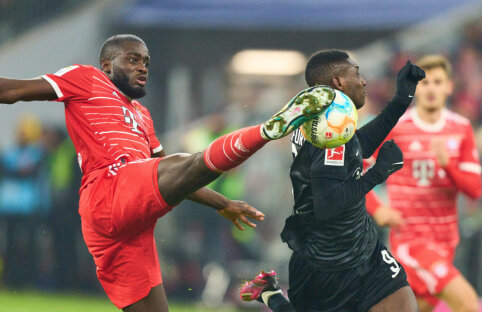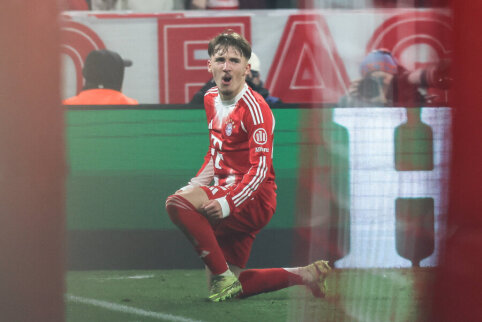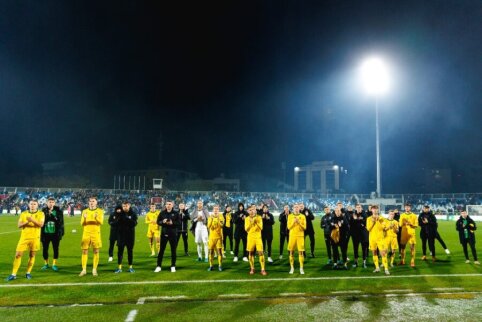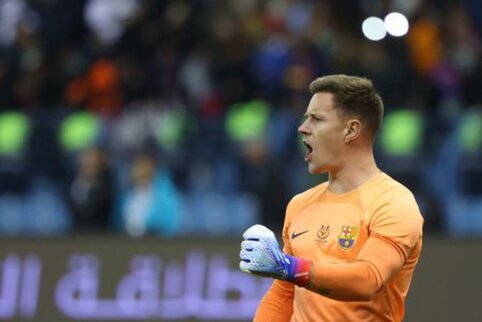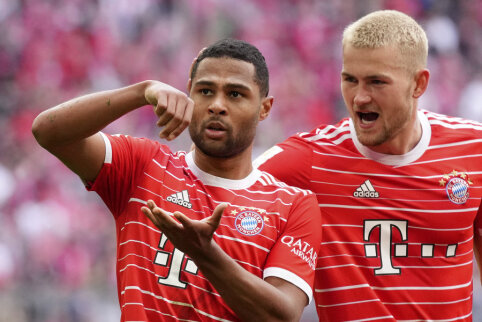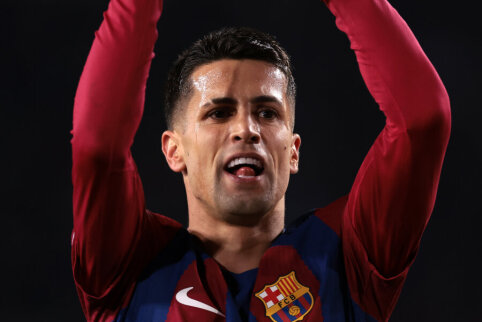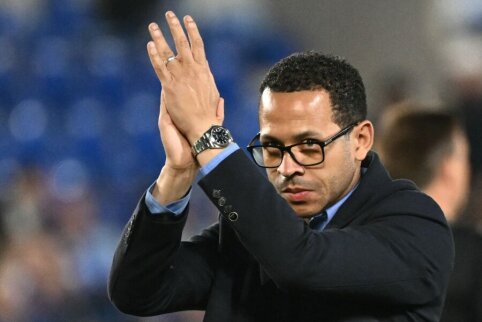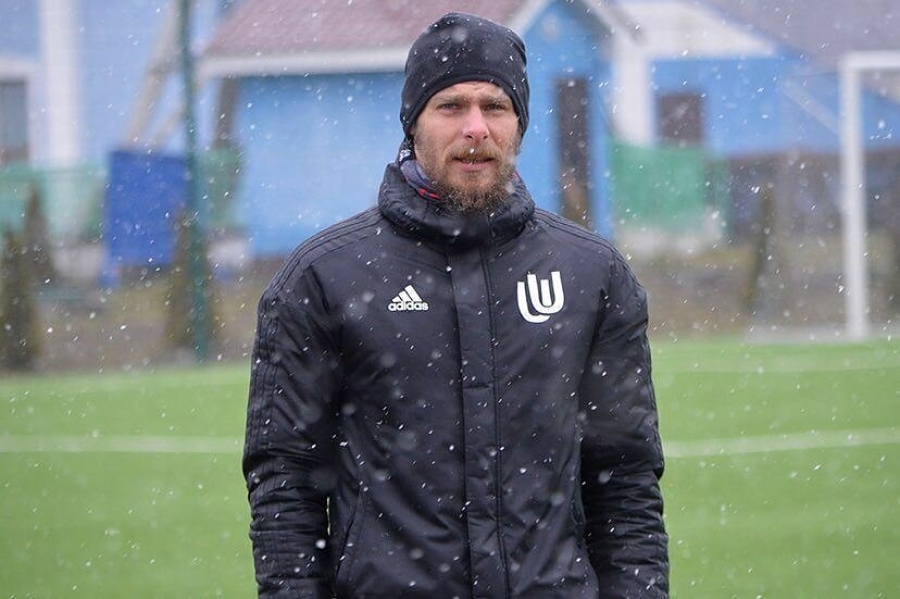 © „Utenio“
© „Utenio“
The coronavirus pandemic that struck the world and the announced quarantine in Lithuania became a challenge for various sports coaches. For some of them, it was necessary to quickly change a long-time preparation season plan overnight and abruptly switch to remote training at home. This was the case for Aurimas Tilindis, the head of physical training and kinesiotherapy for the Utena Utenis football club and academy. The preparation plan for the Utena team was based on the "Auri-Dohm" methodology.
"At the beginning of the year, we made physiological templates for our club specifically from the physical preparation part. I was responsible for those templates for each age group. We had plans for what we would focus on according to age groups. This included running technique, body stability, various running types, changing directions. We had to anticipate all these aspects. It was quite a challenge to do all this, but everything came together quite well and we successfully stuck to the planned schedule. The coaches adapted to those templates and were ready for a neat job throughout the year, but then suddenly the quarantine hit everyone”, - said A. Tilindis.
He recalled that as soon as the quarantine was announced, the Utenis Utena analyst Marius Babravicius called him and instructed to prepare home training plans for all age groups overnight.
"I tried to maintain the vision of the physiological template so that we would not deviate from the set directions and would continue to work, causing as little harm to our ongoing work as possible”, emphasized the Utenis kinesiotherapist.
Without fearing new ideas, the Utena club representatives quickly decided that the quarantine could provide new and meaningful lessons. During the first week of quarantine, the Utenis academy and club players were able to train at home.
"The quarantine became not only a challenge, but also a great opportunity to slow down a little, not to chase a huge football knowledge chariot rolling down the hill, but to concentrate on small details, which are very necessary. For example, learn about ball control techniques, observe which part of the foot is best to touch the ball. In the end, it is very important to see the importance of physical fitness. This is the area where we can improve quickly and easily. This is why we decided to replace regular training sessions with remote ones”, - said A. Tilindis.
Working remotely, A. Tilindis can observe the work of the coaches and the reactions of the athletes. The specialist admits that selecting the right load for different age groups is not easy. It is also difficult to compensate for the lack of space and ball control.
“The most difficult thing is to communicate with the coaches and properly select the exercise load. What seems easy to us may be difficult for children, or what seems difficult to us, may be simple for the youth. It is difficult to arrange a load according to age groups. It is also not easy to attract physical training exercises to football, to work on the field. We aim for the child to touch the ball as much as possible, so that skills are not lost and new skills are acquired”, explained A. Tilindis.
An important aspect in evaluating remote training is questionnaires. Specifically, quick and short answers from children about the training allows coaches to assess its quality and make appropriate conclusions.
"One question - ‘How would you rate the training?’ - greatly helps the coaches. They have their own assessment and can compare it with the children's opinion. This way it is easier to decide whether the training went as expected or maybe we went overboard. It is difficult to ‘catch the load’ during quarantine, because sometimes out of good intentions we lose a healthy mind”, - smiled A. Tilindis.
The Utenis physical training coach also admitted that adults already have certain skills that are not easy to change. Meanwhile, for children, the most important thing at such times is not to instill bad skills.
The Lithuanian government this week presented a plan for easing the quarantine, which includes a considerable emphasis on sports. From April 27, certain sports activities will be allowed, but people in sports facilities must be at least 10 meters apart from each other, and at least 10 square meters should be allocated for each person. Therefore, it is still naive for footballers to expect to return to train in stadiums in the near future.
“Perhaps there would be an option to do training in stadiums, but it would be necessary to adhere to strict rules. In practice we could only let four people onto the field, and the trainer would have to stay outside the field. I think this could not be self-regulated, it should be controlled. The trainer would have to regulate the traffic, but it would be very difficult to do this due to the loads. Instead of one training session per day, it would be necessary to lead five or six. This would greatly complicate the work of the coaches. Also, some children might not be able to come to the stadium at this time. For them, it would be too difficult to exercise on the field”, shared A. Tilindis
However, at least the adult teams of Utenis Utena are recommended to engage in outdoor sports. "There are prepared running plans, interval runs, direction change running plans. Athletes receive those plans as homework and they have to perform such workouts several times a week", added A. Tilindis.
utenosutenis.lt

